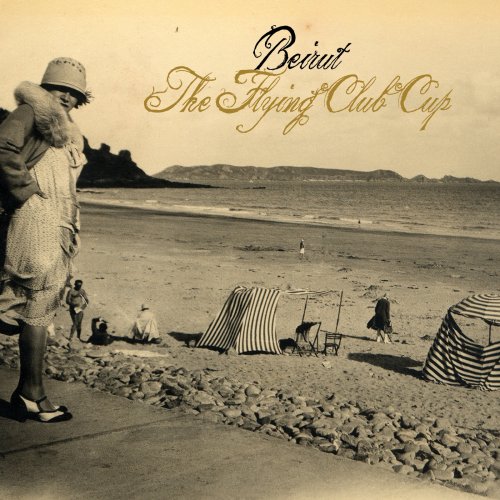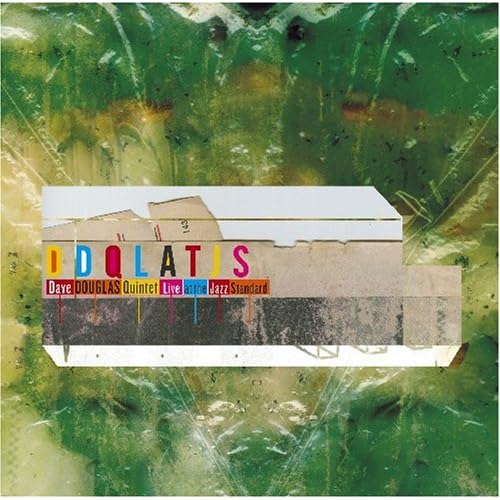
5
Where debut Gulag Orkestar was Baltic in flavour, The Flying Club Cup is Parisian,
It’s twice as mature as Gulag, truth be told, and displays a growing comfort with the complexities of song; rich, exotic, romantic, and easy to fall in love with. A whirlwind of diverse instrumentation, cabaret camp and lyrical flights, it makes you wonder what this precocious artist will be capable of once he’s actually lived a little.

4 Dave
From 1965 until 1968, Miles Davis led a stunningly good quintet, a band anchored by Herbie Hancock’s keyboards and characterized by the fire and water interplay of Wayne Shorter’s saxophone and
It was, by the end, the tightest band in jazz (Coltrane’s quartet was active until his death in July of ’67), and among the best combos in history, but divergent aspirations and the usual forces of artistic creation pulled it apart. What’s intriguing to consider is what might have been had the band remained intact. Would Miles have gone all-electric? Or would the quintet’s sound have continued to develop on into the 1970s?
Hypotheticals are generally worth the paper they’re printed on, but for the sake or argument let’s posit that trumpeter Dave Douglas is the closest thing we have to Miles Davis in 2007 2008, and that his fine quintet are heirs to the mantle of that great mid-‘60s band. I’ve made the
Live at the Jazz Standard is the latest document of this group, an album meant initially for download only from the Greenleaf Records website (Douglas’ own label), but pressed to CD by popular demand. It follows last year’s Meaning and Mystery, and thanks to a number of new compositions, it qualifies as a new album and not just a live set of previously released work. It shows the quintet in trim fighting shape, lean and agile.
The Dave Douglas Quintet is among the best working bands in jazz today, a fun, loose, but dedicated, lyrical, in-and-out and absorbing musical machine, and one that, despite the content of this review, is ever progressive and forward-thinking. To say that they have taken a ‘60s sound and pushed it into the ‘70s leaves out half the story: this is music for the ‘00s, through and through.
No comments:
Post a Comment